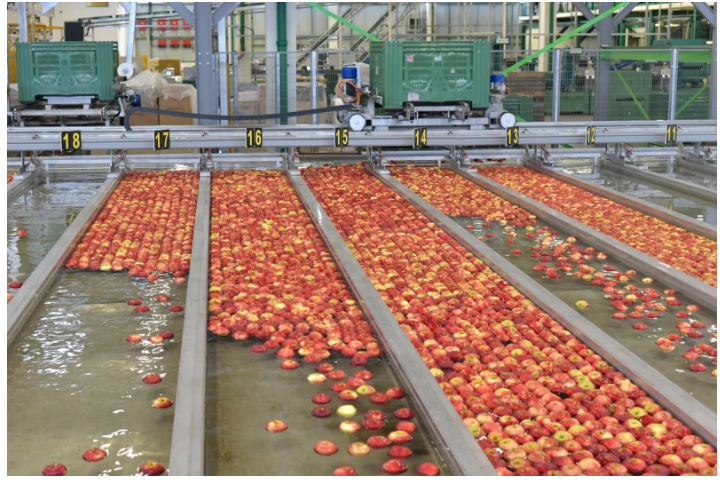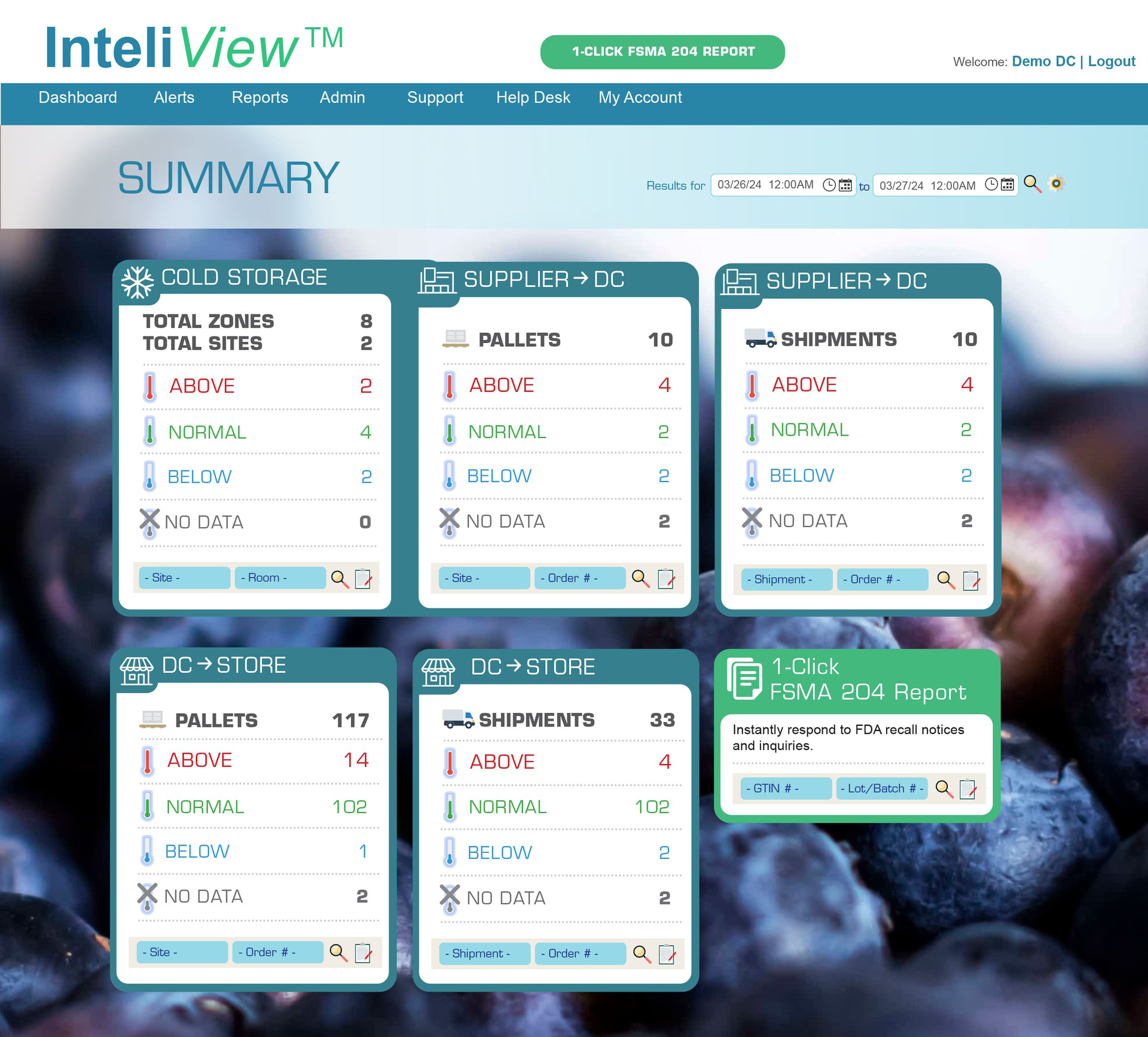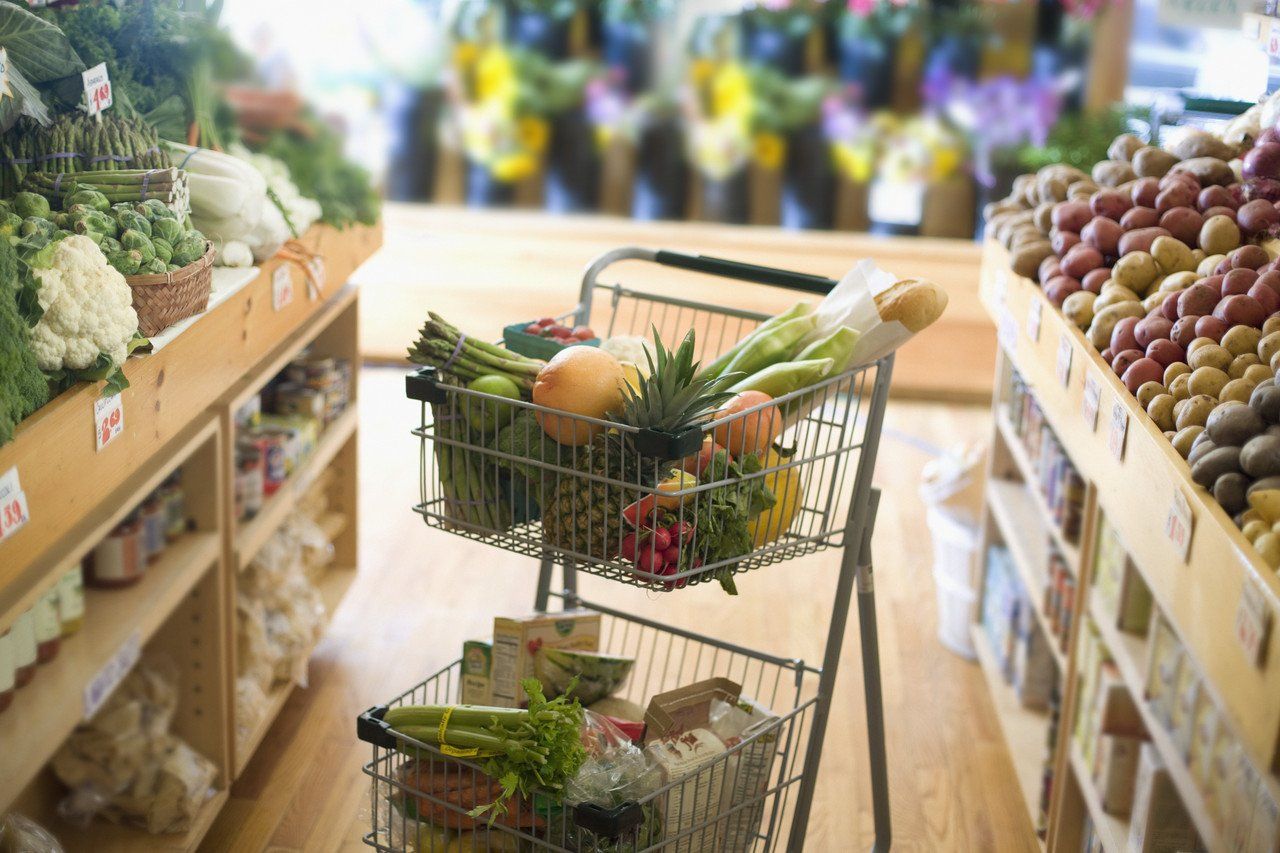Report: Sensors can reduce food waste by 7%
Applying sensor technology to the food supply chain to increase traceability could reduce food waste by between 5% and 7%, according to a new report from the World Economic Forum (WEF)
Dive Brief:
- Applying sensor technology to the food supply chain to increase traceability could reduce food waste by between 5% and 7%, according to a new report from the World Economic Forum (WEF).
- WEF said 35% of fruits and vegetables are lost or wasted in post-harvest, processing or distribution in Sub-Saharan Africa. That number goes down to 15% in Europe, highlighting differences around the world.
- Enhanced food supply chain traceability will make it easier to identify where losses are occurring, so the issues can more quickly be addressed. "Once the primary causes of food loss and waste have been identified ... the appropriate stakeholder can better address the problem," the report said.

The inefficient supply chain is one of the main reasons for food waste. Almost one-third of global food production ends up wasted, according to WEF.
These loses then lead to added procurement and distribution costs, resulting in both business and final consumer spending more on the products, the report said.
Food loss can be the result of a number of circumstances, from lack of best practice on the farmer's part to not enough space on the cold chain, but knowing where exactly the problems arise is not typically known, WEF said.
Greater implementation of IoT technologies could be the helping hand
the food supply needs — providing a digital trail of the food's
journey.
The report provided estimates for how different technologies could reduce food loss:













